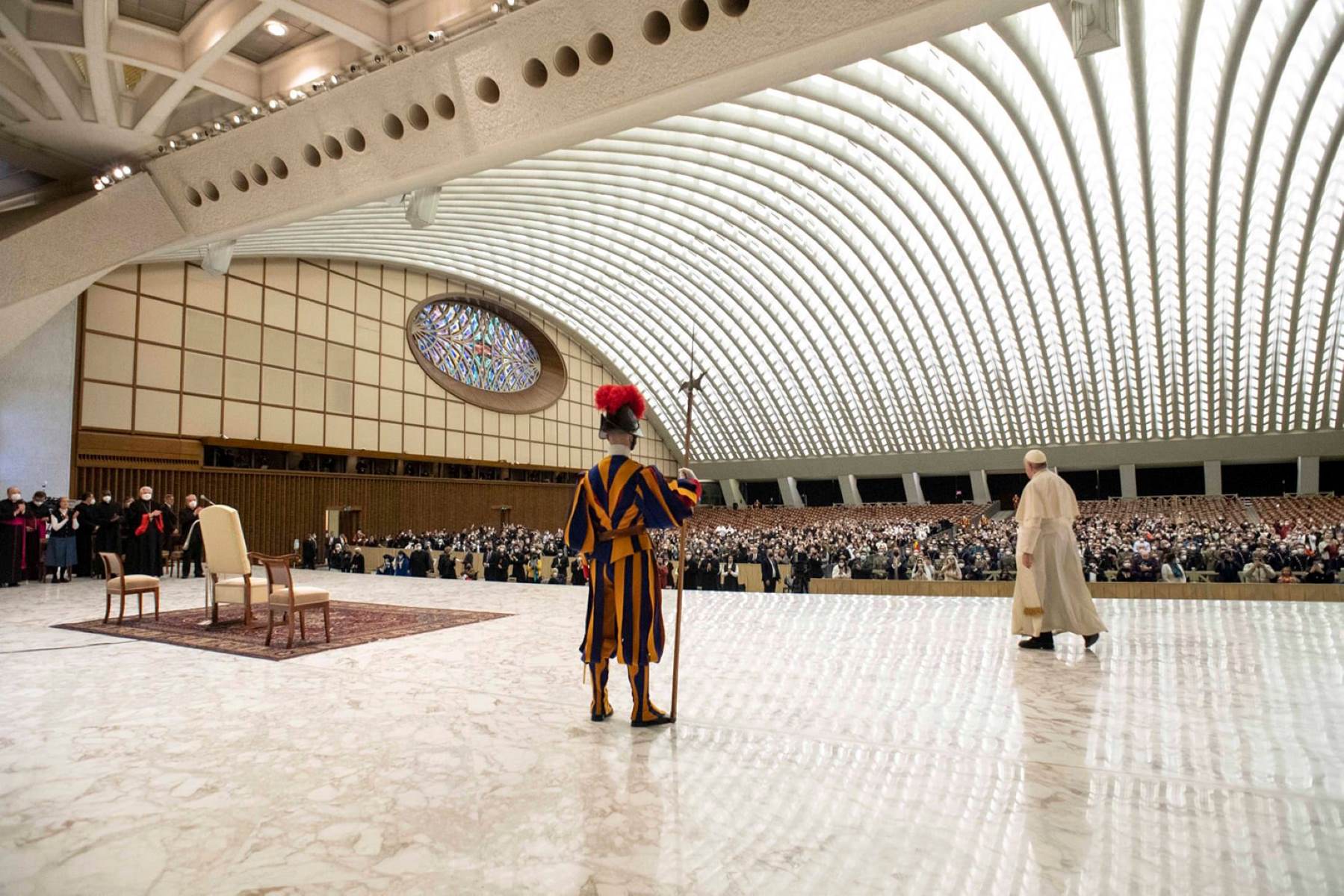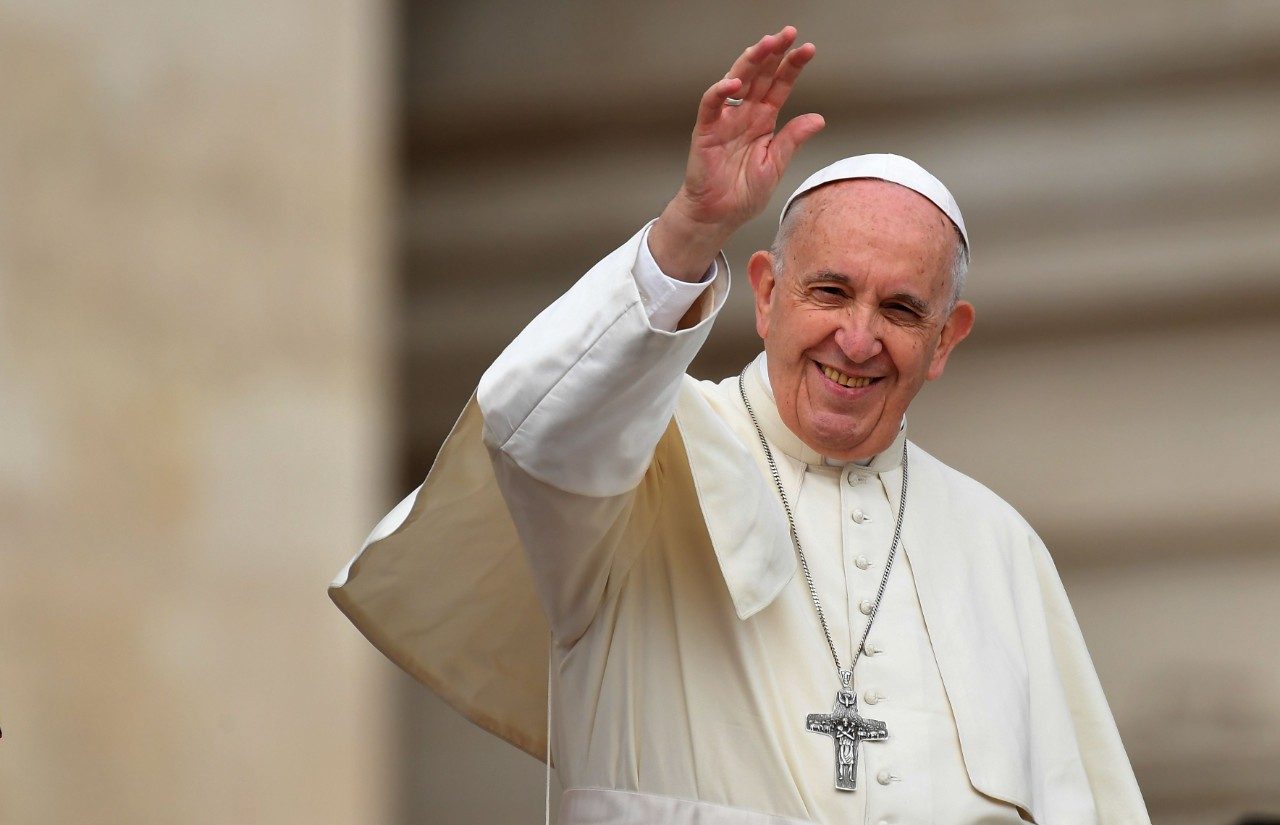
What are Secular Institutes? Secular institutes are unique Catholic organizations where members live in the world, integrating their faith with daily life. Unlike religious orders, members don't take traditional vows of poverty, chastity, or obedience. Instead, they commit to their faith while pursuing careers and family lives. These institutes have roots in early Christianity but gained modern structure in the 19th century. Members undergo a discernment process, formation, and probation before making a public profession of faith. They engage in various apostolic activities, from education to social justice, while maintaining close community ties. Their mission is to serve both the Church and society through secular professions.
What Are Secular Institutes?
Secular institutes are unique Catholic organizations where members live in the world, integrating their faith with daily life. Unlike religious orders, members do not take traditional vows but remain deeply committed to their faith.
-
Definition and Purpose: Secular institutes are groups of laypeople who live in the world, blending their faith with everyday activities. Their main goal is to serve both the Church and society through their secular professions.
-
History: The idea of secular institutes dates back to the early Christian Church. The modern movement began in the 19th century, with the first institute, the Institute of the Blessed Virgin Mary, founded in 1609 by Saint Mary Ward.
Types and Membership
There are various types of secular institutes, each with its own mission and charism. Membership involves a formal process, including discernment and formation.
-
Types of Secular Institutes: Examples include the Institute of Christ the King Sovereign Priest, the Institute of the Incarnate Word, and the Institute of the Good Shepherd. Each has a unique focus and mission.
-
Membership: Joining a secular institute usually requires a formal application, discernment, and a probation period. Members must live according to the institute's rule and participate in its spiritual and apostolic activities.
Vows and Daily Life
Members of secular institutes make unique commitments and integrate their faith into their daily work and family lives.
-
Vows and Commitments: While they don't take traditional vows of poverty, chastity, and obedience, members make a public profession of faith and commitment to the institute's charism, often through a private or public vow.
-
Integration of Faith and Work: Members are encouraged to live out their faith in their daily professions, whether in business, education, healthcare, or other fields.
Community and Apostolic Activities
Despite living in the world, members maintain close ties with one another and engage in various apostolic activities.
-
Community Life: Members often meet regularly for communal activities like retreats and meetings, supporting each other's spiritual growth and apostolic work.
-
Apostolic Activities: These institutes engage in activities like education, healthcare, social justice initiatives, and spiritual direction, serving both the Church and society.
Formation and Challenges
Formation programs prepare members for their roles, but secular institutes also face challenges and controversies.
-
Formation Programs: Many institutes offer formation programs that include spiritual direction, theological studies, and practical training in the institute's charism.
-
Challenges and Controversies: Some critics argue that secular institutes blur the lines between laity and clergy, while others question their legitimacy within the Catholic Church.
Approval and Global Presence
Secular institutes require papal approval and have a global presence, allowing for diverse expressions of their charism.
-
Papal Approval: The Holy See must formally approve the statutes of any new institute, ensuring they align with Church teachings.
-
International Presence: These institutes have members and communities worldwide, allowing for diverse cultural and apostolic expressions while maintaining a unified commitment to their charism.
Evangelization and Clergy Collaboration
Secular institutes play a significant role in evangelization and often collaborate closely with clergy.
-
Role in Evangelization: By living out their faith in the world, members witness to the Gospel and inspire others to do the same.
-
Relationship with the Clergy: While distinct from religious orders, secular institutes often collaborate with clergy and other Church institutions through joint apostolic projects and mutual support.
Spiritual Direction and Apostolic Projects
Spiritual direction is crucial for members, and institutes engage in various apostolic projects.
-
Spiritual Direction: Regular spiritual direction helps members deepen their faith and live out their commitment to the institute's charism.
-
Clerical Collaboration: Some institutes have special relationships with clergy, such as having a chaplain or spiritual director who provides guidance and support.
-
Apostolic Projects: These can range from educational initiatives to social justice campaigns, all grounded in the institute's specific charism.
Leadership and Cultural Adaptation
Secular institutes focus on forming leaders and adapting to different cultural contexts.
-
Formation of Leaders: Institutes often emphasize forming leaders who can serve the Church and society effectively, involving theological education and practical training in leadership.
-
Cultural Adaptation: Institutes must adapt to different cultural contexts while maintaining their core identity and mission, requiring a deep understanding of local cultures.
Future Directions
As the world evolves, secular institutes face new challenges and opportunities, requiring adaptability and commitment to their mission.
- Future Directions: Secular institutes must find innovative ways to serve the Church and society in the 21st century, remaining adaptable and committed to their mission.
Secular Institutes: Faith in Everyday Life
Secular institutes blend faith with daily life in a unique way. Members live in the world, integrating their beliefs with their careers and family lives. They don't take traditional vows but make a public profession of faith and commitment. These institutes have a rich history, dating back to the early Christian Church, with modern forms emerging in the 19th century. They engage in various apostolic activities, from education to social justice, and maintain close community ties through regular meetings and retreats. Papal approval ensures their alignment with Church teachings. With a global presence, they adapt to different cultures while staying true to their mission. As the world changes, secular institutes will continue to find innovative ways to serve the Church and society, making a significant impact through their unique approach to living out their faith.
Was this page helpful?
Our commitment to delivering trustworthy and engaging content is at the heart of what we do. Each fact on our site is contributed by real users like you, bringing a wealth of diverse insights and information. To ensure the highest standards of accuracy and reliability, our dedicated editors meticulously review each submission. This process guarantees that the facts we share are not only fascinating but also credible. Trust in our commitment to quality and authenticity as you explore and learn with us.


